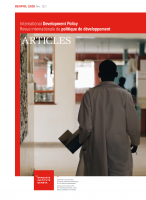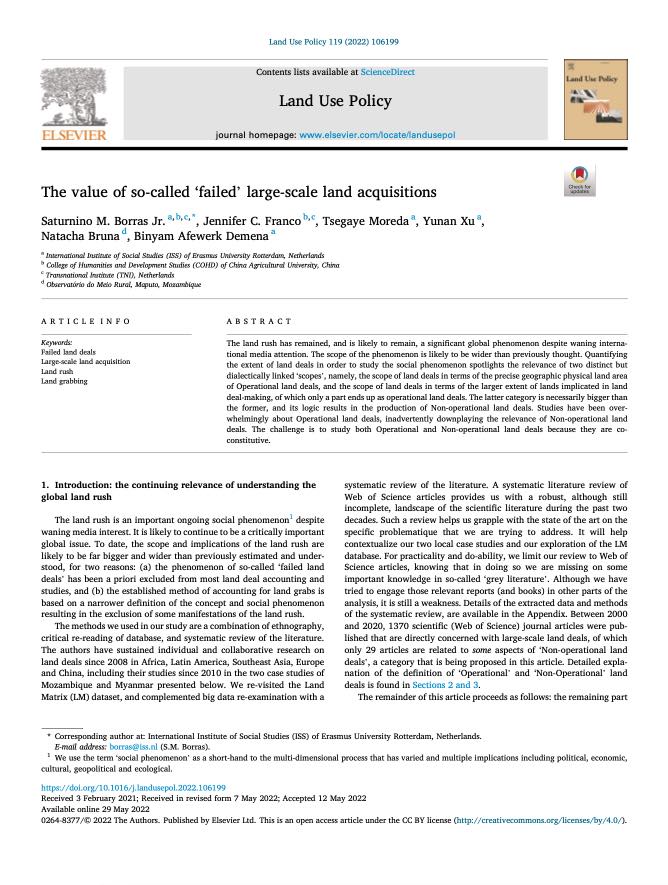Assessing the costs of tenure risks to agribusiness
This report on the state of industrial oil palm plantations in West and Central Africa shows how communities are turning the tide on a massive land grab in the region. Between 2000 and 2015 companies signed oil palm plantation concession agreements with African governments covering over 4.7 million hectares;mostly without the knowledge of the affected communities. These companies are now struggling. There has been a significant decline in the number and total area of land deals for industrial oil palm plantations over the past five years;from 4.7 to a little over 2.7 million hectares.





